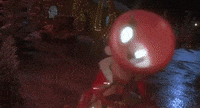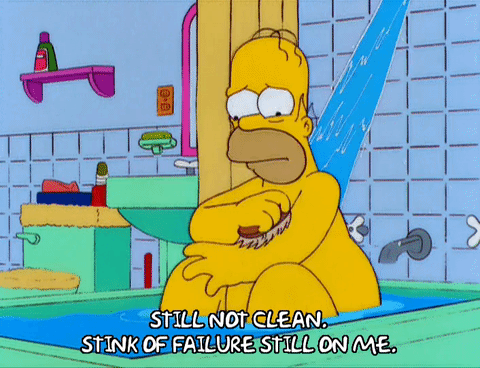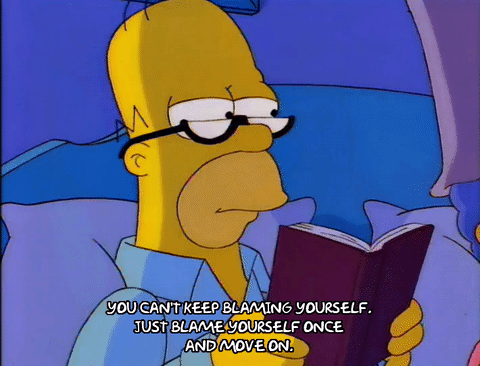naturally, things do not go according to plan... and I am writing this in an effort to make up for the inevitable inconsistency.
In my last post, I talked about how difficult it can often be to participate in school, especially when it is online, when it feels like life is a series of unfortunate events... sucker punches from all angles.
Of course, the punches continue... at this point I'm on a first name basis with their owners.
So, I feel it is important in this blog to continue to speak a little hope into the void. There's nothing more mortifying than a last ditch effort.
The thing that has kept me going throughout my own personal and professional struggle has without a doubt been community. This is something that many of the theorists we have discussed in class stress and encourage. Build the community, and the students will engage. For Friere, that means abandoning the banking model of education, for hooks that means acknowledging privilege and welcoming a multicultural classroom experience, for Dewey that means facilitating an organized community, one that has goals and works towards something together. I much enjoy the idea of combining all three. Community in the classroom is tricky. Especially the online classroom. We know this. How can we feel communal, when we are talking to each other from within our own private spaces? How can we know that a community is being fostered when we can't hear a laugh when a mic is turned off, or we can't share a chat after class with a colleague? I have had to build a new, digital idea of community, and so have many professors charged with the role of facilitating classes that they weren't prepared to facilitate. It involves a lot of work. Sometimes this work is just not manageable. But, it can be worth it.
I have had to do a lot of reaching out. And the pain of pressing send on that depressing email to a professor is almost more unbearable than the reason why you're sending it at times. But, in this new online world we have all fallen victim to, it is an absolute necessity. Professors don't know what you don't tell them. Which is annoying, sure, but they aren't to blame for that. And, it can be easier, then, to reach out to a fellow classmate. But, how do we do that? Will they ask us about that assignment we didn't do? Will we feel embarrassed about that? Maybe even shame? Will we compare ourselves to them? Do we fear their pity?
The only way to get community now is by overcoming those fears. Each and every day it is a struggle to send that email, write that text, answer that call, join that chat. But, what's worse? The shame in the moment before receiving the help you need from someone there to help you? From someone that works community building into their pedagogical philosophy? Or that drowning feeling, that feeling of aloneness, and the knowing that at this point there's nothing you can do so why bother.
Even if the email is late, the text is drafted and never sent, or you ended the call before leaving a voicemail... try again. Because you don't know how late it really is.
Last ditch efforts are mortifying, but you don't know what the end result will be until you try.
#yourenotwrong














